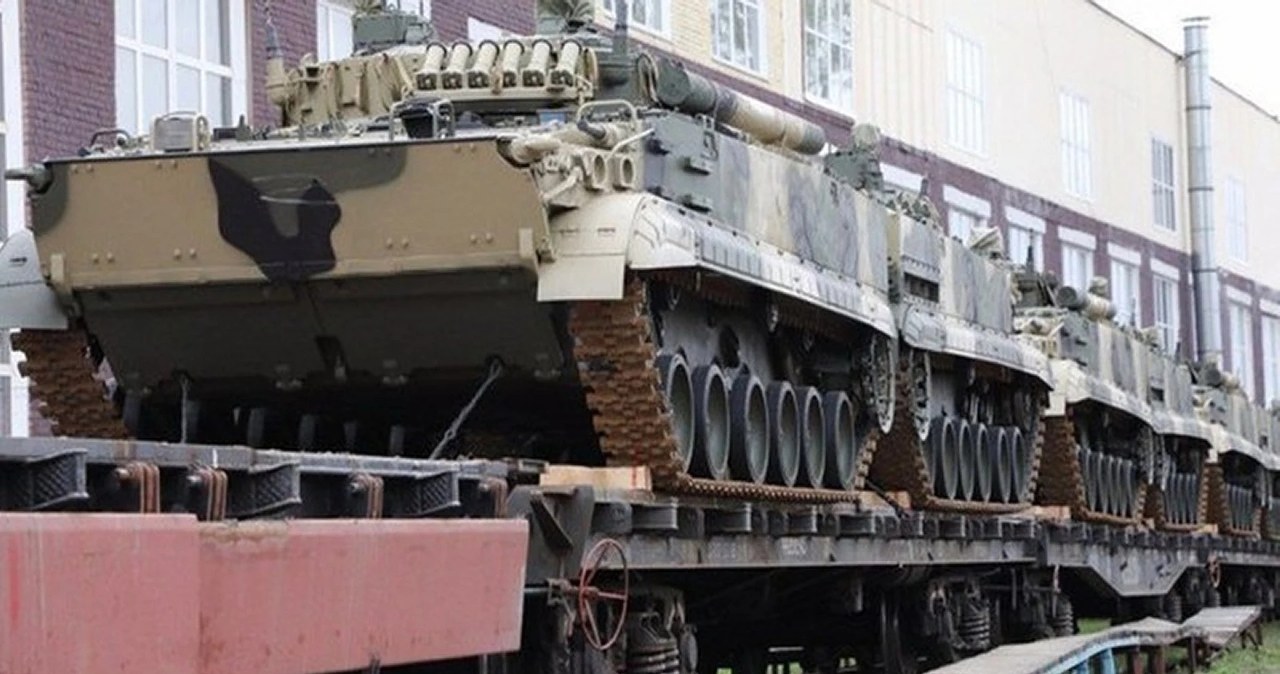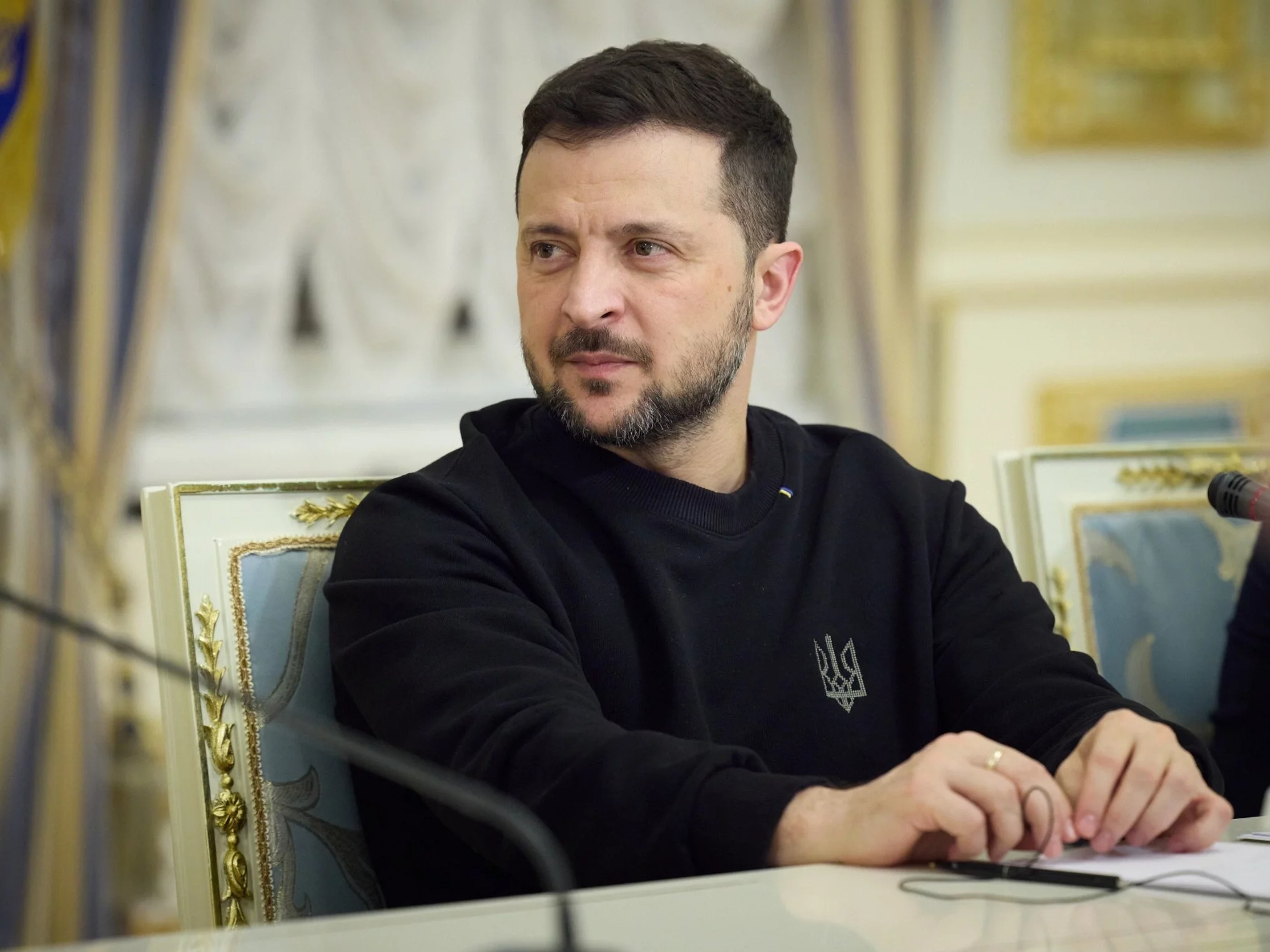Social capital is all that is common to us people as a society, on all levels, from household to vicinity and settlement to region, country, Europe and the world. This is the powerful possible of institutions in which the past of human civilization is stored1.
Bernd Hamm
Happiness, relationships and social capital
Every year, on March 20th, the global Day of Happiness is celebrated. Since 2012, it has besides been published World Happiness Report, created by Wellbeing investigation Centre operating at Oxford University. A measurement of happiness is in the study six basic variables: GDP per capita, life expectancy in health, social capital levels, freedom, generosity and corruption levels. Given these indicators, the ranking of the world's happiest countries is being developed. Finland, followed by Denmark and Iceland, has been the first place in 7 years. Poland ranked 26th in 2025, and 35th in 2024.
Two principles are peculiarly strong in Finnish society: firstly, everyone is liable for their actions, secondly, both their own efforts and public support are needed to accomplish success. another studies confirm that the most crucial areas determining our happiness are household and social relations – with friends, neighbors and colleagues.
The number of possible, unchangeable and valuable social contacts is estimated at: 5 friends, 15 close friends, 50 another friends, and up to 1 100 and 50 mostly known people, who are present in a comparatively unchangeable manner on our social and communication network2.
Strong social relations, based on self- and instrumental values and standards specified as trust, mutuality, loyalty, solidarity and honesty, are the foundations of social capital. It affects not only the sense of happiness and security, but besides the civic activity of a given society.
Paradoxically, however, people spend only six hours a week on relationships with their household and friends. Studies indicate that this time has been reduced by almost half an hr in the last 10 years, and that all eleventh survey says there is no 1 to trust on in a hard situation. The phenomena specified as the atomization of society, the weakening of interpersonal ties, the failure of solidarity and communityality, or the expanding antisocialism origin the individual to lose a sense of proximity to the people around it. This trend is further reinforced by social media, referred to by Andrzej Szahaj as “antisocial” 3.
In the meantime, strong social relations, based on autonomous and instrumental values and standards specified as trust, reciprocity, loyalty, solidarity and honesty, are the foundations of social capital. It affects not only the sense of happiness and security, but the civic activity of a given society.
Social capital and community safety
Modern society, where poly-crisis predominates — wars, pandemics, technological threats, terrorist, social and migration — becomes a society of risk. The threat is egalitarianized: they all become equal in the face of disasters. The eternal request for security, manifested in the quest to make the conditions essential for endurance and free development, present finds its satisfaction primarily through contact with another man.
Joint actions aim not only to strengthen the sense of security, but besides to make a habit of sharing responsibilities, which in turn increases the likelihood that, in the event of a threat, individuals supply common assistance, thus providing alleged ontological security, which is based on trust. The level of public confidence, alongside the number of NGOs and electoral activity, is 1 of the basic quantitative indicators of social capital. It is considered equivalent to human, economic, physical, cultural and intellectual capital.
What is the phenomenon of social capital? Piotr Sztompka, a precursor to Polish investigation on social capital, acknowledges that social capital meets 5 natural needs of man: the request for existential safety and emotional support; the request for contact with others; the request to confirm his identity and achievements; the request to accept and respond positively to the environment; and the request to act in line with social expectations and values recognised in the environment.
The origin of social capital is human relations — from family, neighborhood, professional and local communities to national and global society. This capital can take various forms: formal and informal, horizontal and vertical, normative and structural, as well as binding, bridge and connecting. In addition, its structure and strength are determined by the historical experience and specificity of a given social group4.
As indicated, social capital affects the sense of safety of individuals and communities. This correlation involves mobilising social energy in the service of social purposes — those that actually contribute to expanding the safety of a given collective. Their hierarchy depends on the problems identified in a given environment, on the circumstantial level of its organisation and on the degree of annoyance for the inhabitants. These could be both kid safety actions in the settlement and the organisation of civic patrols to counter common crime.
Joint action aims not only to strengthen the sense of security, but besides to make a habit of sharing responsibilities, which in turn increases the likelihood that individuals are providing common assistance in an emergency (ontolgic safety based on common trust).
Local initiatives involving both public administration, non-governmental organisations and residents are crucial here. Social capital — decently stimulated and targeted — can be multiplied and replenished as the foundation of society, nation, and state. National constituency, as Roman Kuźniar emphasizes, has been 1 of the foundations of state defence for centuries5.
In preventive and criminal terms, even an act of crime may have an integrated function: the social disapproval of the act strengthens the collective identity and clearly indicates the limits of moral and legal norms. akin phenomena happen in another safety areas. Where social activity is high, where social capital has solid foundations, there is simply a better and safer life, and where the population is more likely to accomplish personal, social and professional satisfaction.
Social capital in historical and contemporary experience
Polish historical experience confirms the importance of social capital. Our society has repeatedly shown readiness to act for the common good, especially in crisis situations. During the period of captivity, without its own state, it took over many state functions: it protected and defended the population, nurtured culture and national values and sought to regain independence. In times of national liberation and both planet wars, social capital played a key function – without trust, solidarity and a common goal Poland could not return to the map of Europe.
Where social activity is high, where social capital has solid foundations, it is better and safer to live there, and where citizens are more likely to accomplish personal, social and professional satisfaction.
During the period of the Polish People's Republic, society turned distant from state institutions identified with communist power, creating the alleged parallel society – alternate structures based on informal, powerfully binding social capital. At the same time, it was a period conducive to the improvement of amoral familism and ethical dualism, which justified immoral actions towards “foreign” not belonging to the group. Public property, treated as nobody's, was devastated, frequently for silent social consent.
The society has survived over 40 years of the Polish People's Republic through resourcefulness and mobilisation of social capital, rooted in close interpersonal relations and shared experience of scarcity. It was these social and economical conditions that prompted the solidarity movement – the authentic expression of collective energy and social cohesion.
Another traumatic experience of catastrophic flooding in 1997, followed by 2010 and 2024, showed that erstwhile state organizational structures fail, skillful and fast social self-organisation, based primarily on neighbouring communities and support from another social actors, is reliable. Modern experiences, specified as catastrophic floods in 1997, 2010 and 2024, besides highlighted the possible of civic self-organization. erstwhile the structures of the state failed, local communities – neighbors, residents, local organizations – immediately took action, defending floodbanks, organizing aid, removing the effects of the cataclysm. The July 1997 events besides showed little boastful sides: disregarding warnings, delaying response, speculation and looting. In turn the September flood of 2024 showed exemplary mobilisation and social solidarity.
Poles have repeatedly demonstrated their ability to act for the common good – during partitions, wars and the Polish People's Republic, creating independent institutions and social movements, as well as in the face of modern crises specified as floods or war in Ukraine. This is simply a evidence to the deep resources of social solidarity and willingness to organise itself.
However, 1 of the most clear evidence of the strength of Polish social capital was the reaction of Poles to the mass influx of refugees from Ukraine. The society reacted immediately, spontaneously showing large selflessness, solidarity and effectiveness. In the first days of the crisis, it is not a state, but citizens have taken aid measures. Only later did NGOs join and, next, public institutions, which had to launch appropriate procedures.
Social capital as a condition of national safety
The social capital that society creates and develops is simply a resource of relationships, ties and social networks based on standards and moral values: trust, reciprocity, loyalty, solidarity and integrity. These values translate into a memory of commitments, performance and willingness to cooperate. Social networks governed not only by law, but besides by customized and morality, bind the individual to the community in specified a way as to enable effective action for the common good, including security.
Social capital is simply a possible in regular preventive and preventive actions for safety, but its function becomes peculiarly crucial in emergency situations – threats to life and health, failure of property or environmental degradation. Its full usage should be a precedence in the national safety strategy. This is not only a reserve of social energy, but a essential resource to build collective resilience and responsiveness to the challenges of the 21st century.
Social capital is simply a possible in regular preventive and preventive actions for safety, but its function becomes peculiarly crucial in emergency situations – threats to life and health, failure of property or environmental degradation. Its full usage should be a precedence in the national safety strategy. This is not only a reserve of social energy, but a essential resource to build collective resilience and responsiveness to the challenges of the 21st century.
1B. Hamm, Social capital, [in:] L. Frąckiewicz, A. Rączaszek (ed.), Social capital, Issue of the Academy of Economics, Katowice 2004, p. 53.
2 R. DunbarFriends. The actual power of our most crucial relations, Copernicus Center Press Publishing House, Kraków 2021.
3 A. Shahai, Lost in the planet of Media Antisocial‘Rzeczpospolita’ of 20.01.2023, https://www.rp.pl/plus-minus/art37807971-lost-in-world-Media-antisocial [Online access].
4P. Stamp, Social capital. Human Space Theory, Wydawnictwo Znak, Kraków 2016, pp. 306-308.
5R. Forge, The evolution of the environment and safety policy of Poland in fresh years, [in:] R. Forge (ed.), Security of Poland in the light of the war in the East, student Publishing House, Warsaw 2022, p. 40.














